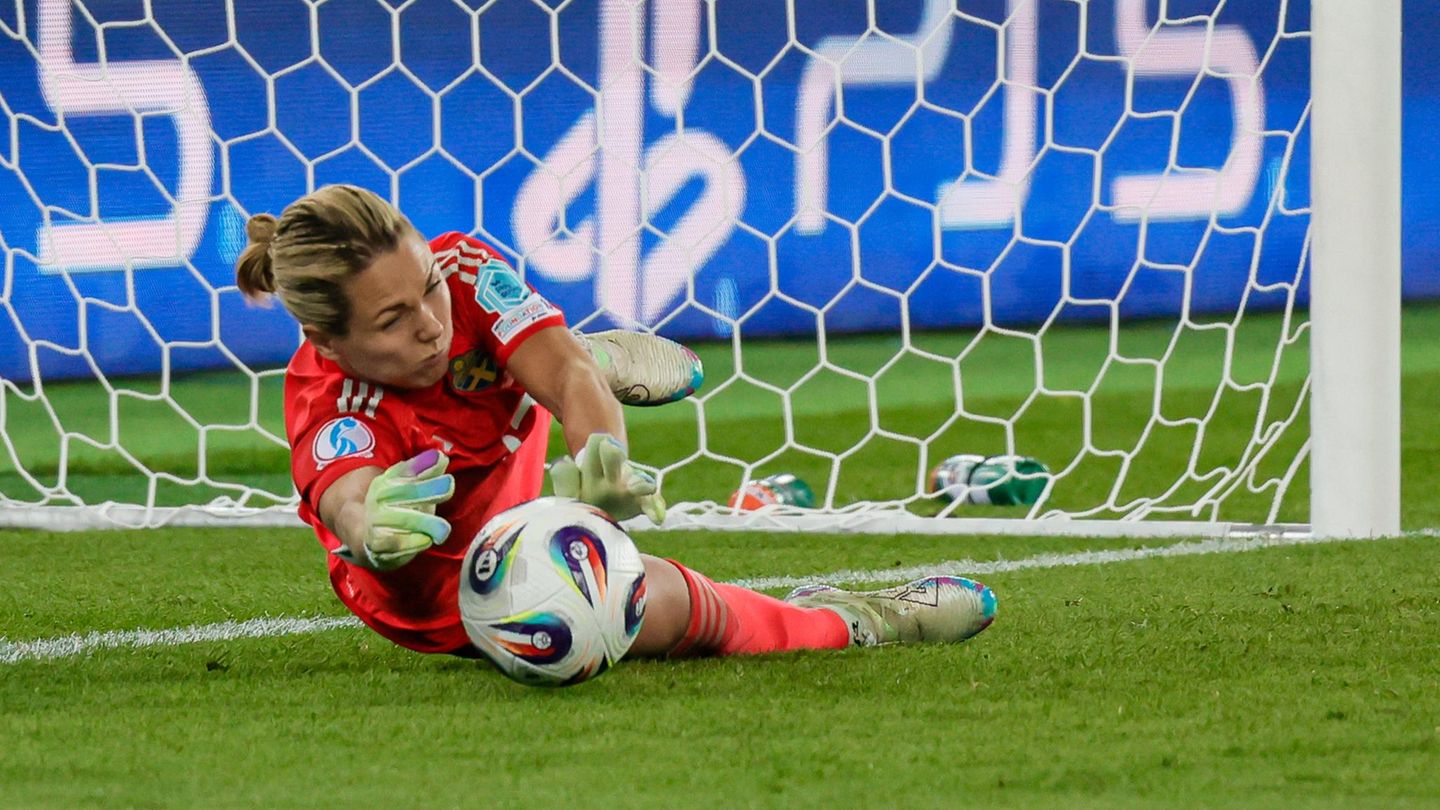The mechanism -known as the ‘wheat trust’- entered into force in March with the aim of decoupling the internal price of wheat from the external price started the war between Russia and Ukraine with funds generated through 2 points of withholdings that are charged for exports of soybean meal and oil, which are “distributed among the mills that participate” explained the national official.
“In this way, the 25-kilo bag of flour bought by industries, distributors, bakeries and the like is subsidized,” Tombolini pointed out.
However, he pointed out that “in light of the results, this mechanism worked partially”, since “there are cases of mills that charge for the flour that they sell to themselves to make cookies. This is not necessarily bad, but it is not observed results in consumer prices”.
That is why Commerce is seeking to “optimize” the operation of the FETA, which is why it was proposed “as an alternative, to change the mechanism by compensating for demand and directing the subsidy only to flour to produce bread, while continuing to give way to new incorporation of mills and streamlining disbursements”.
“The intention is to continue dialoguing with all the sectors without interrupting the ongoing processes. The need is to bring relief to the table of the Argentines, and for that we need to work with tools that work and that so far present deficiencies that urgently need to be corrected,” he concluded. .
Source: Ambito
David William is a talented author who has made a name for himself in the world of writing. He is a professional author who writes on a wide range of topics, from general interest to opinion news. David is currently working as a writer at 24 hours worlds where he brings his unique perspective and in-depth research to his articles, making them both informative and engaging.




